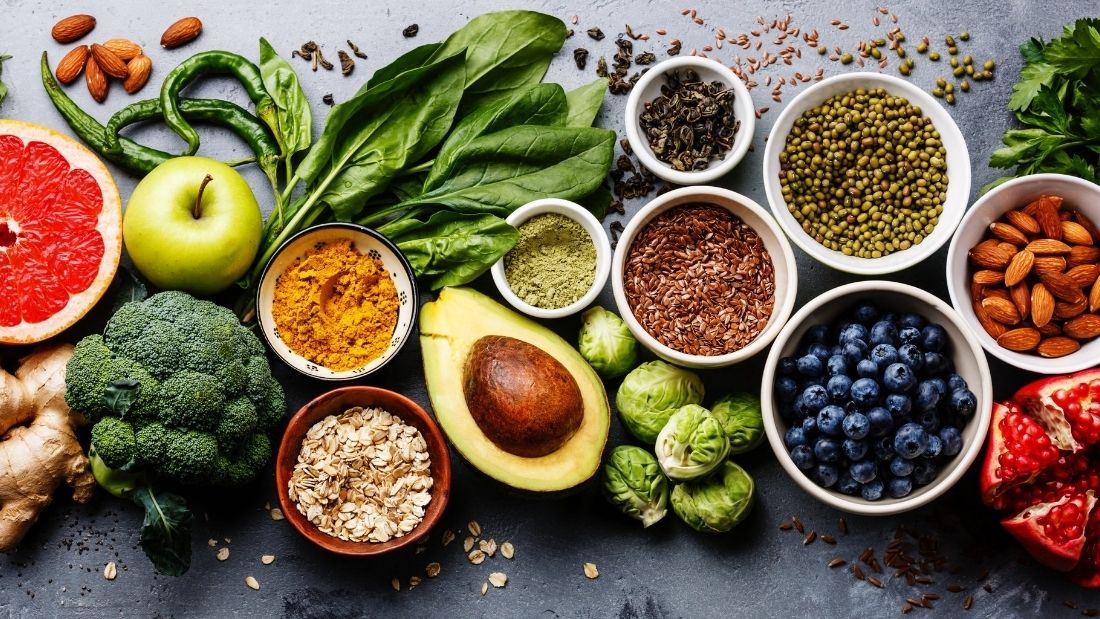
Ethical veganism is a protected belief under the Equalities Act 2010. This means that schools have a legal duty to ensure that vegan pupils are not discriminated against, in just the same way as a school must do all it can to ensure a pupil is not discriminated against based on their age, religion, ethnicity, sexual orientation, gender or disabilities.
Some people may doubt that vegan children are really at any sort of risk from bullying or that it’s extreme to see it as a ‘risk from bullying’. Sadly, it’s a much neglected issue and several children have taken their own lives as a direct result of the relentless bullying they have suffered in school just for being vegan. It is an extremely serious matter that requires urgent attention by teachers, especially as the number of vegans in schools is set to rise significantly in the next few years. As with any form of bullying, it is extremely important that schools are doing all they can to protect all students, including vegan pupils, by enacting preventative measures.
When schools become more vegan-inclusive places, such as showing students that veganism is not ‘weird’ or something to be mocked, it has several benefits. Importantly, vegan children are less at risk of suffering from bullying and self-harm, and schools become safer spaces. At the same time, teaching compassion and understanding on a single issue such as veganism has wider-reaching benefits such as showing students that society is kinder and fairer when we don’t discriminate based on one or a few students being ‘different’, whether that’s to do with being vegan or for other lifestyles.
Teachers are, of course, absolutely vital in addressing misunderstandings and discrimination over veganism. It’s important that the next generation are aware of the main reasons why people may choose to become vegan and that schools play a key role in spreading awareness and understanding of this shift.
How can teachers ensure that their school is vegan-inclusive?

Catering For All
One of the biggest ways in which a school can become more vegan-inclusive is by looking at the food that’s on offer for students in their cafeteria or canteen. Often, students will notice that someone is vegan because they’re awkwardly left waiting in the canteen without any food because the school hasn’t provided them with anything. It’s often the main way in which a vegan student is instantly classed as ‘different’ or ‘difficult’.
At the same time, vegan students can be excluded from socialising with their classmates. Imagine the first day of school from a vegan student’s perspective. They hope to make friends over their first lunch break, but are left waiting for twenty minutes for the cafeteria to find something for them to eat. It can be embarrassing to be left standing by the queue, and the student can lose the opportunity to sit with classmates and make friends.
They also are left to stand out in a negative way, and if the vegan meal is bland or clearly inadequate to everyone else’s meals, it’s just another way in which vegans are made out to look weird and therefore be seen as a target for bullies.

Providing vegan meals doesn’t just make a school more inclusive for vegans. It covers so many different dietary requirements, whether that’s for vegetarians, people who require kosher or halal food as well as a wide range of dietary requirements, such as dairy allergies. One easy way of providing for vegan students is by ensuring that the vegetarian food already on offer is switched to vegan recipes, meaning that the school’s catering suddenly becomes far more inclusive not just for vegans but for a range of religions and allergies.
Updating school menus to include more vegan options also makes for a brilliant opportunity to include more wholegrains, fruits and vegetables into school meals. Plant-based meals are a great way of improving pupils’ health, and studies show that an improvement in health makes students more able to concentrate and improves their wellbeing. At the same time, making a menu more vegan plays a huge role in curbing your school’s environmental impact, boosting your school’s green credentials. Everybody wins with a more vegan-inclusive menu!
If you want to make your school’s menu more vegan-friendly but aren’t sure where to start, please get in touch with us at viva@viva.org.uk.

Uniform Policy
Ethical vegans avoid leather and wool, but parents and students face problems if schools enforce a particular uniform that uses either of those two animal products. Updating the uniform policy to ensure that students don’t have to use those two products makes vegan students feel far more welcomed and also makes it easier for other demographics who would rather not use those products, such as vegetarians, Jains, Buddhists and Hindus who follow a lifestyle which avoids animal products.

School Trips
For many vegans, a trip to the zoo does not mean a fun adventure looking at lots of different animals. It means looking at animals kept in cages or confined areas that are completely removed from their natural world. Even if an enclosure might look like a lot of space to us, it’s important to remember that some animals travel huge distances over the day, night or during the year, and that even a cage that appears ‘large’ to us affects their wellbeing. Most people recognise that it is cruel to keep orcas in tiny pools for our entertainment; vegans see zoos in the same way.
Reviewing school trips to ensure that the school avoids places which might upset vegan pupils is a brilliant way of ensuring the school is more vegan-inclusive.
Discussing Veganism with Staff
Teachers do their utmost to ensure that their students are cared for and are not discriminated, but even staff can unintentionally make vegan students feel excluded. In and outside of schools, people often talk about vegans as though they ‘can’t’ do lots of things – they ‘can’t eat meat’ or ‘can’t go to the zoo’. Staff might also compare a vegan’s food choices with the ‘normal’ option of eating meat without realising that this is a hurtful way of making the vegan student feel as though they are not normal.
Discourse like this cements the idea that vegans are problematic or are in some way different, exposing vegan students to discrimination, bullying and social exclusion. Just as we wouldn’t classify one particular religion as ‘the normal religion’ compared to others, for a number of reasons, it’s worth discussing how to talk about veganism either to the pupil, to the class as a whole or between staff.
Staff members’ understanding of how a vegan student may feel at their school can be helped by learning a bit more about animal agriculture and what animals go through before they become ‘meat’. Find out more about the reality behind animal agriculture in the UK, which can really help with understanding why a vegan pupil might be more affected by certain conversations or actions than others. It doesn’t mean staff have to go vegan, but knowing more about the student’s reasons can really help with understanding how to help them best.
At the same time, it’s worth learning more about animal agriculture’s impact on the planet. Educating staff on animal agriculture’s impact can really help in raising awareness of how a vegan pupil sees the world.
Teaching
The most obvious class in which students can be forced into acting against their beliefs is through animal dissections in biology, and there are plenty of other examples such as chick-hatching projects. How do you best manage vegan pupils in a food technology class, and could it be discussed in an ethics class? It’s a big topic, so find out more here [link to FAQs page] on how teachers can include vegans and discussions of veganism in the classroom.
Leading with Kindness
It can feel like there are just far too many considerations that need to be taken into account just for the one or two vegan pupils in a school. But making a school more vegan-inclusive has several benefits. It’s not just vegans who might not want to dissect an animal, for example, and a more vegan cafeteria helps lots of different demographics who abstain from certain products as well as improving general student health. Teachers will also find that there are more and more vegan pupils every year at their school, and it makes sense to put these measures into place now to be as welcoming a place as possible and follow through with a duty of care for all students.
